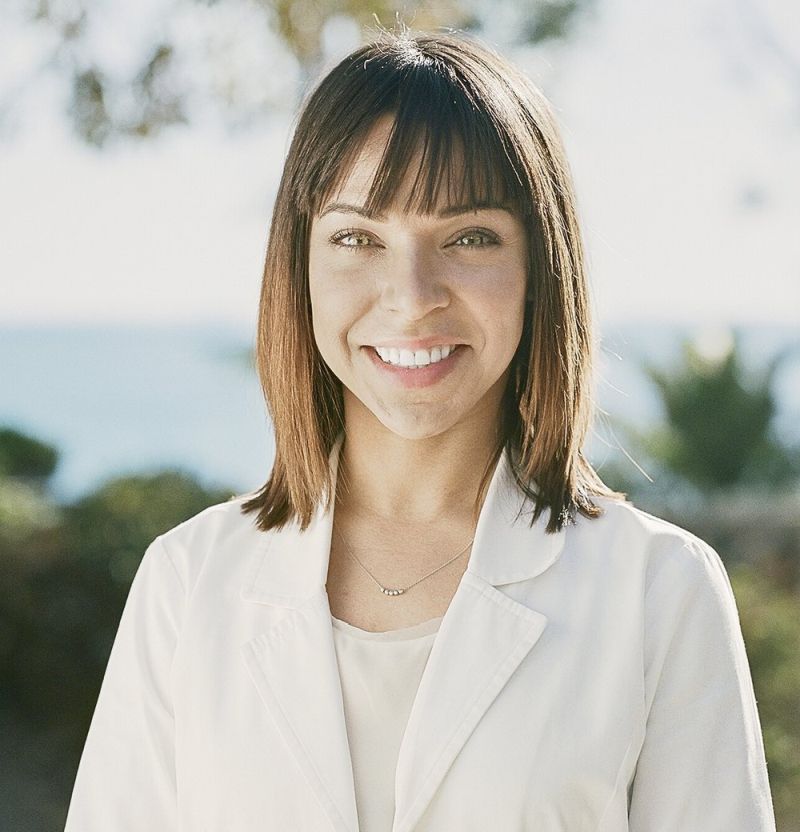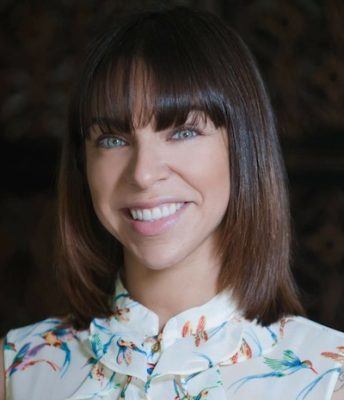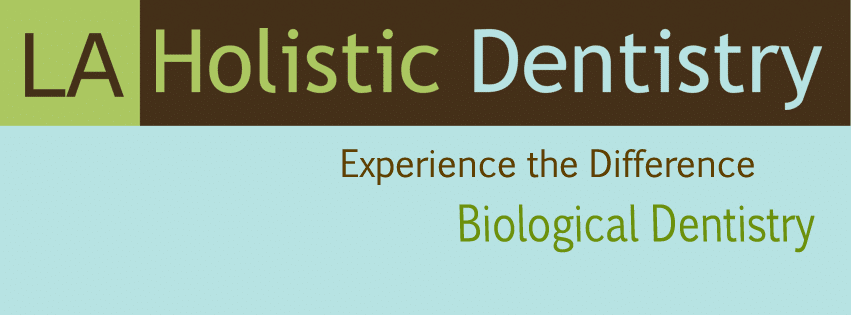Dr. Karla F. Solis is a native of California, where she grew up in Pasadena. She received her Bachelors Degree in Biological Sciences from University of Southern California. She then received her Doctorate from UCLA School of Dentistry. She is currently a member of the International Academy of Oral Medicine and Toxicology, International Academy of Biological Dentistry and Medicine and Holistic Dental Association.
Dr. Solis has been practicing the art and science of dentistry since 2007. She is dedicated to advanced postdoctoral studies and provides her patients with a gentle, caring, and comprehensive approach to oral health. She believes there is more to dentistry than just teeth, and has a passion for an integrative approach. When not caring for patients, Dr. Solis enjoys spending time with her family and friends. She loves hiking, yoga, and doing just about anything fun and light-hearted.
Dental Implants :
What Are Dental Implants?
Dental implants are the most advanced therapy available to replace missing teeth. Dental implants are root replacements for missing teeth.
How Do Dental Implants Work?
Bone forms a natural mechanical bond with the dental implants. Dental implants provide a base for Dr. Solis to build your replacement tooth or teeth.
What Are The Benefits Of Dental Implants?
Did you know that oral health is a major factor of good general health?¹ Replacing your missing teeth with dental implants and implant crowns should allow you to live your life as if you had never suffered from missing teeth. When your dental implant treatment is complete, you should be able to chew, speak and socialize without experiencing the negative emotions that having missing teeth can sometimes cause.
Dental implants with implant crowns will help minimize the amount of bone that will be lost in the areas of missing teeth. Preserving oral bone may help maintain your remaining natural teeth and natural facial contours. Replacing your missing teeth with dental implants may also reduce your risk of having poorer nutritional habits often found in patients who do not replace missing teeth.
How Can Dental Implants Improve My Health?
People with missing teeth or non-implant-supported options have problems eating certain foods such as fresh vegetables and fruits, which can compromise their nutrition. Denture-wearing patients often lose some of their ability to taste foods. In addition, chewing can be difficult and painful so digestion is often compromised. Because dental implants function more like teeth, these offer the benefit of better health due to improved nutrition and taste, as well as proper digestion.
Are Dental Implants Difficult To Take Care Of?
Dental implants are designed to be a long lasting solution for tooth loss and are cared for with brushing and flossing, just like natural teeth. Caring for non-implant tooth replacements can be much less convenient compared to dental implant-supported teeth.
Are Dental Implants Expensive?
Although dental implants may sometimes have a higher initial cost, when all the ongoing expenses of other treatment options are added up, most people would agree that dental implants are more than worth it!
When you contrast the time investment that dental implant therapy requires versus the repeated office visits required for adjustments, special cleanings and replacements for partials, bridges and dentures, it is easy to imagine how much better life can be with dental implants.
What is biological dentistry?
As the International Academy of Biological Dentistry and Medicine states in their Standards of Practice, “Biological dentistry is concerned with the whole body effects of all dental materials, techniques and procedures. It unites the best clinical practices and technologies of western dentistry and medicine with a wide array of modalities beyond the horizon of conventional practice. For biological dentistry acknowledges, appreciates and considers the complex and dynamic relationships between oral health and systemic health within the context of the whole person. These things are inseparable.”
What’s the difference between “mercury-free” and “mercury-safe”?
“Mercury-free” means only that a dentist does not place new mercury amalgam fillings – the so-called “silver” fillings that were first devised nearly 200 years ago. But even mercury-free practices must handle such fillings when they need to be removed and replaced. That’s where “mercury-safe” comes in. There are strict protocols that we follow to minimize both patient and staff exposure to mercury vapor and particulate – as well as to prevent mercury from polluting the broader environment. Read more about the kinds of safety practices we follow.
Is your office metal-free?
Strictly speaking, there’s no such thing as metal-free dentistry. Even ceramic crowns contain some aluminum – not the dark, shiny kind used to make things like soda cans but a benign form no different from the aluminum in sand on a beach or in glass cookware. That said, we do not use “metal metal” as in much conventional dentistry. We use only BPA-free composites and ceramics for fillings, crowns and bridges. The partials, full dentures and aligners we provide are all non-metallic. For those who opt for dental implants, we use only ceramic materials, never titanium. Most important is that the materials we use be biocompatible. Biocompatibility testing helps us ensure that the materials we use for a specific patient are not materials they will be reactive to, whether because of aluminum or some other constituent.
What’s the best restoration material to use?
While there are a number of composites and ceramics that are broadly biocompatible, each person is biochemically and bioenergetically unique. Each of us has our own health history and health burdens, which can make us more reactive to some materials, less to others. Biocompatibility testing is critical for determining the safest materials to use, and the particular type of restoration to be done will help guide choices among those best options.
Can you tell if mercury, root canals or cavitations are causing my health problems?
No. Dr. Solis is not a physician and therefore cannot diagnose any systemic illness on the basis of dental conditions. She can refer you to an appropriate physician and is happy to work with your provider to coordinate your dental and medical care.
Do you offer any kind of sedation during dental procedures?
We have nitrous oxide available for patients who need help relaxing during treatment. This safe inhalant is administered by nosepiece, and its effects wear off quickly.
Do I have to have x-rays taken?
All incoming patients need to have a full mouth set of x-rays done in order for us to have a proper understanding of their current dental conditions. However, if you’ve had a set taken within the last year, we may be able to use those. Please contact our office for further information. For our ongoing patients, x-rays are never taken “routinely” – only when the situation warrants. X-rays are an important diagnostic tool and the only way we have of seeing what’s happening within your teeth and the health of the soft tissues around them and bone that supports them. To further minimize exposure to radiation, we take only digital x-rays, which reduce exposure by as much as 90%, compared to traditional film.
How much does such-and-such a procedure cost?
Treatment plans can vary from patient to patient, depending on their particular dental health situation. We make a point of discussing treatment plan options and costs at length with you before we begin any procedure or course of treatment. If you have specific questions about costs before scheduling your first appointment, please call us at our office. We’d be happy to speak with you and answer any questions you have.





